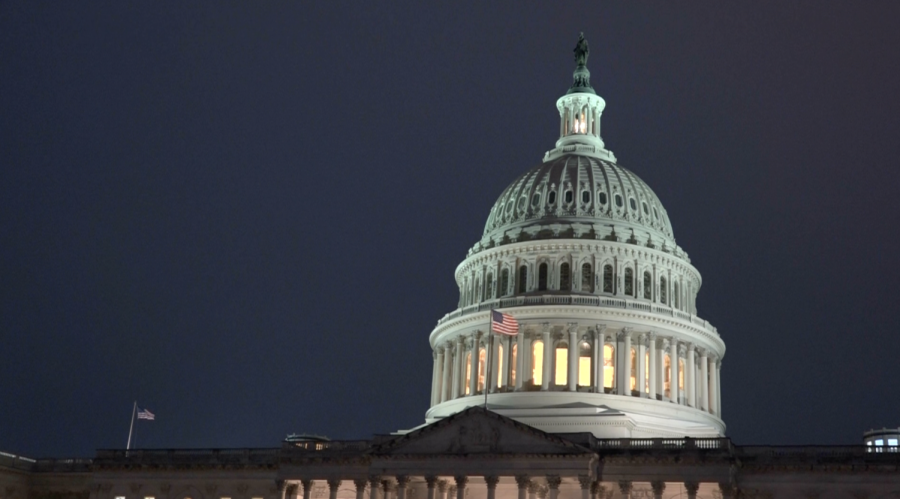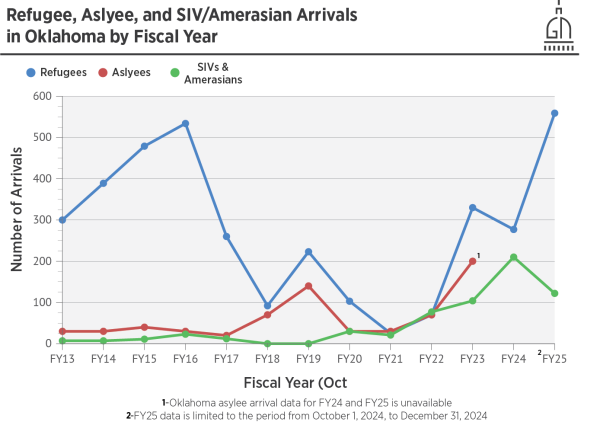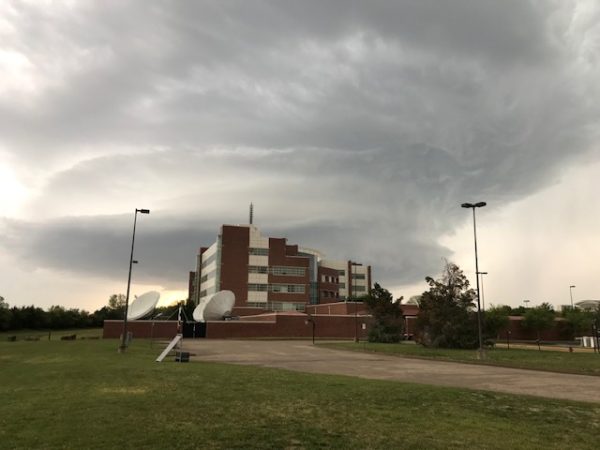Oklahoma delegation votes for House resolution to squash new WOTUS rule
WASHINGTON – The battle to block Biden’s new rule to revise the Trump-era definition of waters of the United States now moves to the Senate after the House Thursday adopted a resolution countering it, despite President Biden’s intent to veto the resolution.
The Republican-led House voted to disapprove of the new rule with all members of the Oklahoma delegation voting in favor of disapproving. Republicans want the rule to remain how former President Donald Trump defined it—as navigable water bodies.
“We’ve operated for half a century or longer under a clear definition,” Rep. Frank Lucas (R-Cheyenne) said. “If the water won’t float a steamboat, it belongs to state and local government for regulation; if it will, it belongs to the federal government.”
The term “waters of the United States” under the Clean Water Act of 1972 has ping-ponged in meaning between presidential administrations. President Joe Biden’s new rule harkens back to the Obama administration and would extend federal jurisdiction over the nation’s water bodies. Opponents say Biden’s rule is ambiguous and may cause financial harm to farmers and ranchers.
The issue now moves to the U.S. Senate. Sen. Shelley Capito (R-VA), who is leading the charge to block this rule in the Senate, said she expects the resolution to be considered next week.
“I commend the House for taking an important step today to overturn the Biden WOTUS rule, and look forward to leading my Senate colleagues in sending it to the president’s desk,” Capito said in the statement.
The Senate failed to pass a nearly identical resolution in February that garnered unanimous Republican support.
“If [the Senate] is assured a vote, it will put a real strain on Senator Manchin and Senator Tester to not vote for it,” Lucas said.
Lucas is referring to Democratic Sens. Joe Manchin (D-W.Va.) and Jon Tester (D-Mont.), who have garnered a reputation for often siding with Republicans.
The White House signaled in a statement that the president stands firm with the new definition and vows to veto the resolution if it reaches his desk. The Biden administration version of the WOTUS rule is scheduled to go into effect on March 20.
Rep. Kevin Hern (R-Tulsa) hopes Biden will change his mind about vetoing the resolution. He pointed to the Washington, D.C. crime bill the Senate voted to block and Biden refrained from vetoing—despite Democratic support for the bill.
“The right thing for us to do is pass that and give it to his desk,” Hern said.
Ultimately, the House members from Oklahoma want this resolution to serve as a message to Biden.
“It sends a very straight-forward signal, the House does not intend to accept this,” Lucas said.
Rep. Josh Brecheen (R-Coalgate) spoke of an Oklahoma rancher on the House floor before the vote to drum up support for the resolution and indicate its impact on the agriculture community.
“He’s got 1,000 acres that are under a flood plain,” Brecheen said. “If this rule kicks into play, what’s going to happen to his operation?”
Lucas said even if Biden vetoes the resolution, the effort to block the rule will not end.
“There are court cases that will be filed too, so it’s a multi-step fight,” Lucas said.
Oklahoma Atty. Gen. Gentner Drummond filed a lawsuit along with 23 other state attorneys general on Feb. 16 in a federal district court in North Dakota challenging the Biden rule.
A pending Supreme Court case, Sackett v. EPA, will clarify what method is appropriate for determining jurisdiction over water bodies. The Court heard oral arguments on Oct. 3, 2022 and a decision is expected later this spring.
Under Biden’s rule, the method for making this determination is called the “significant nexus test.” The test is applicable to any water body on private property and is used to determine if a body of water falls under federal jurisdiction.
Brecheen said the rule is unconstitutional under Article 1, Section 1 of the U.S. Constitution.
“All legislative powers will be vested in the Congress,” Brecheen said. “It’s a simple interpretation of our constitution.”







